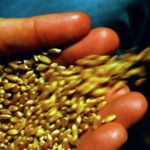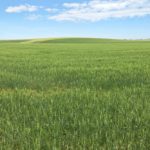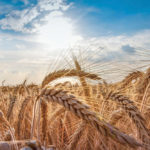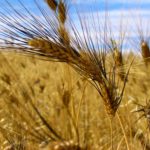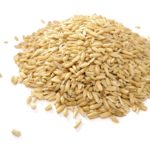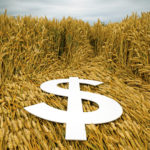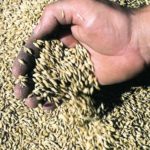MarketsFarm – Given the difficult conditions grain farmers have contended with in 2019, especially the cold, wet conditions that’s drawing out the harvest, it’s hard to say how much wheat and barley will end up as feed, according to one broker. “I really think we don’t know what to expect. There’s wheat coming off even



